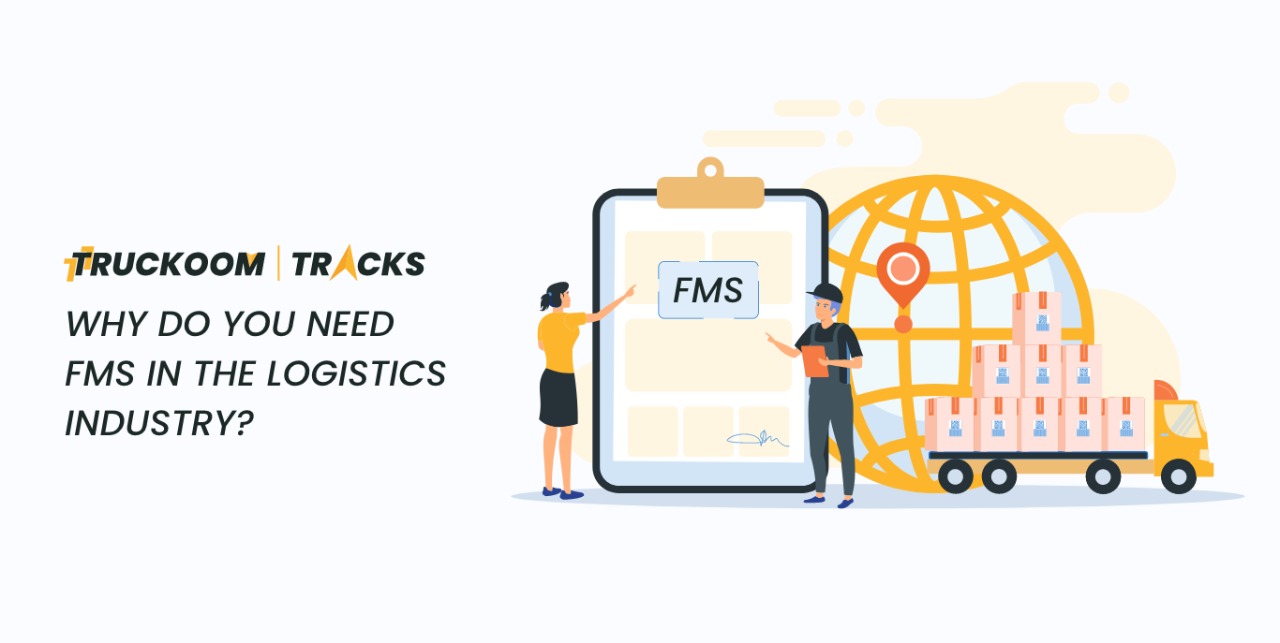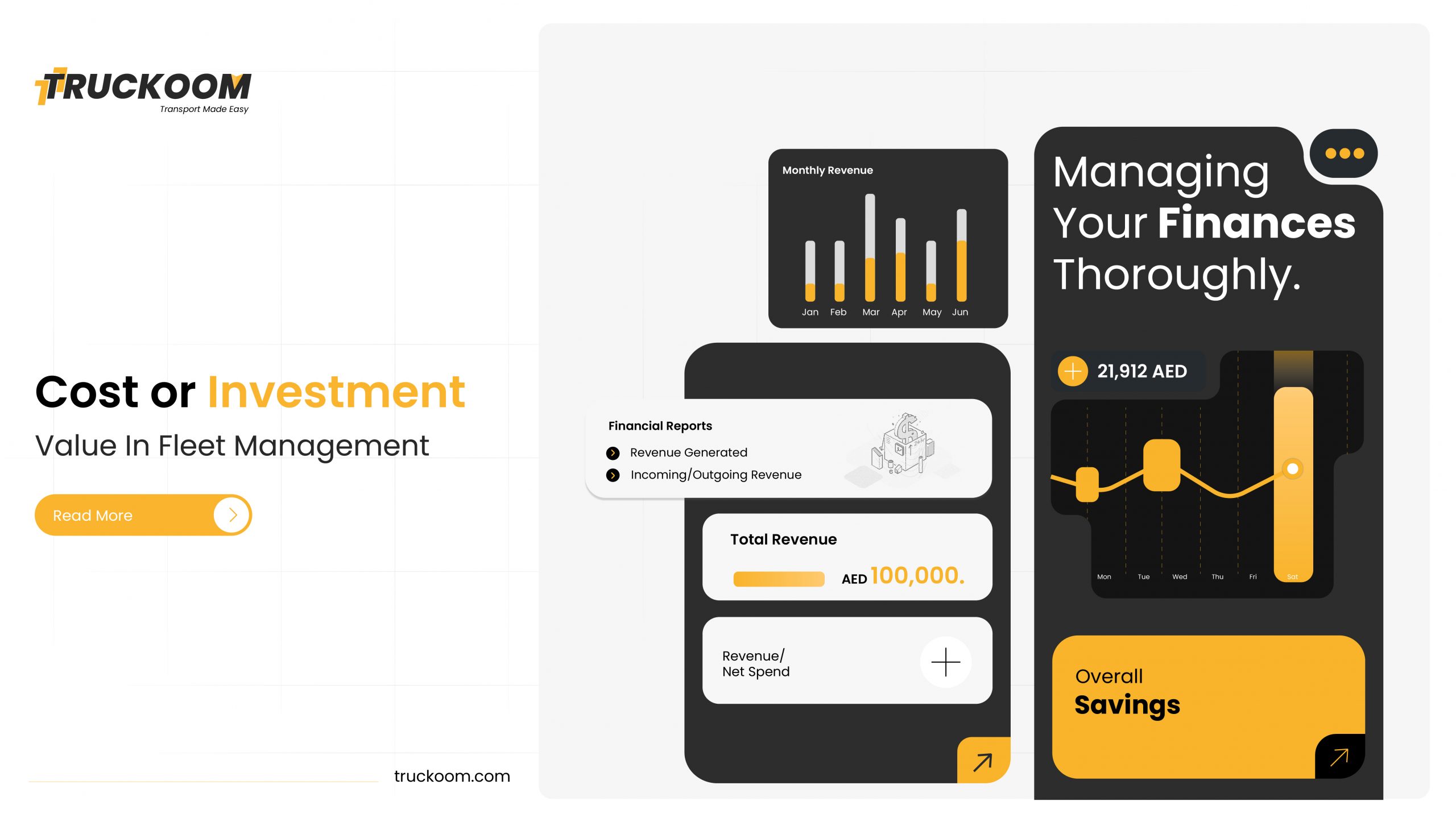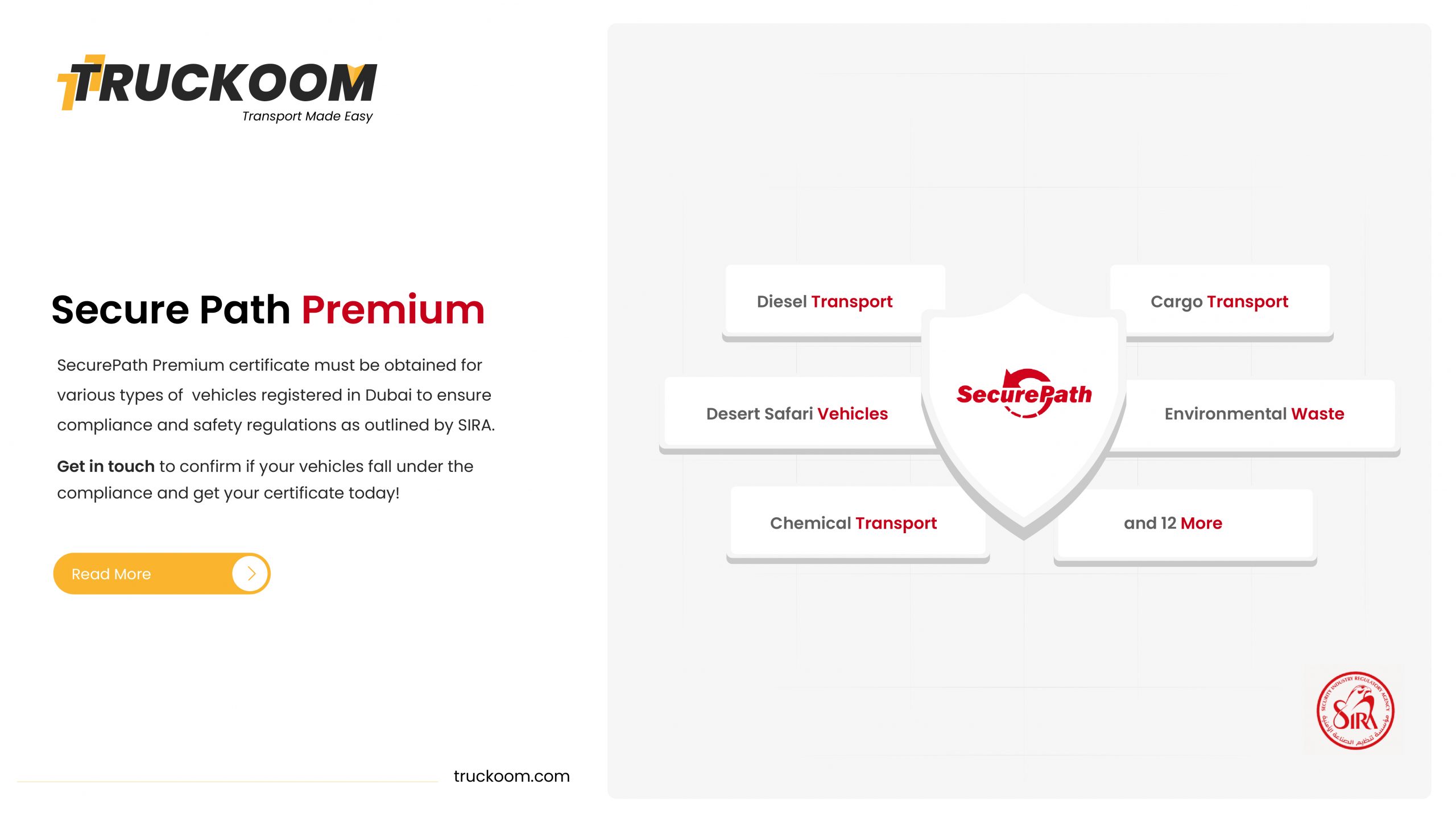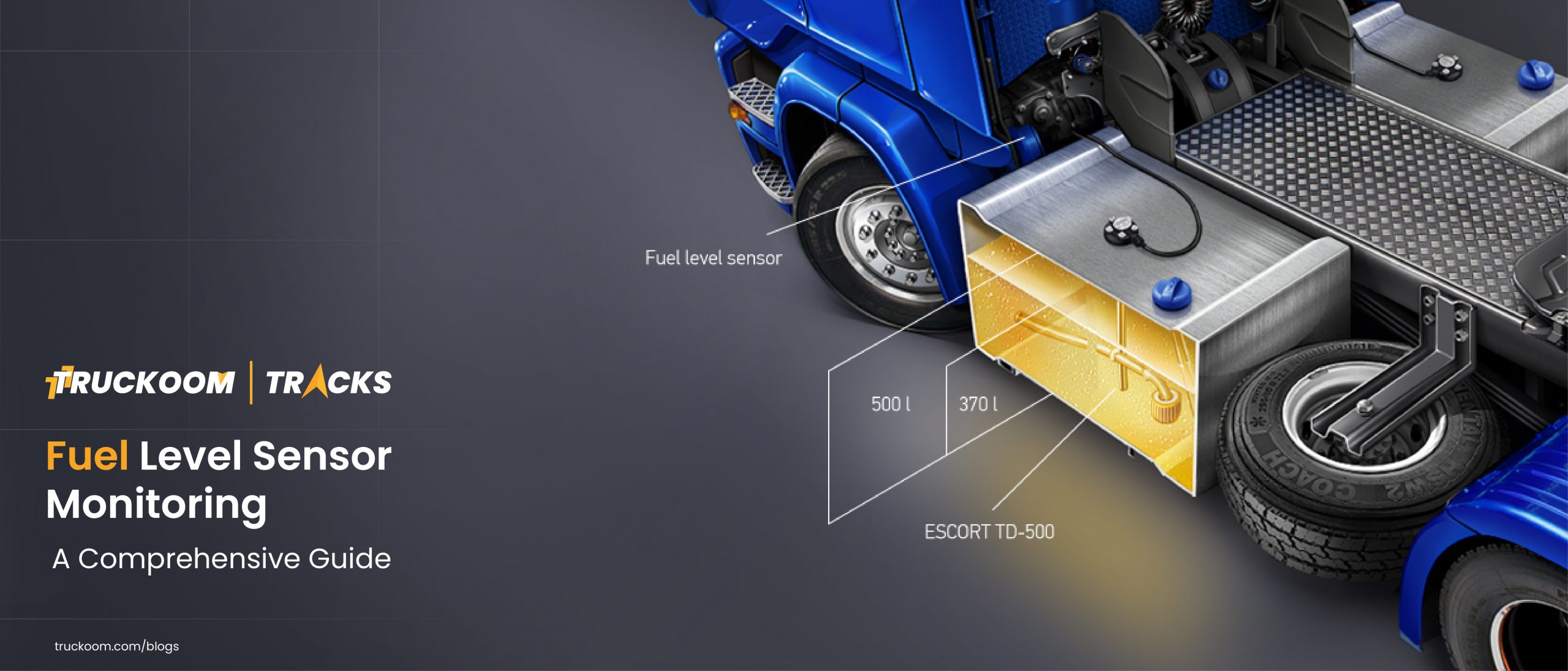Fleet management is an integral component of the logistics industry, and proper fleet management is necessary for a logistics business to succeed. Fleet management consists of numerous tasks ranging from vehicle tracking, driver safety and health optimization to vehicle maintenance, increasing efficiency and productivity, reducing costs, and improving customer satisfaction.
REAL-TIME TRACKING AND SURVEILLANCE OF VEHICLES
With the help of mobile logistic solutions, businesses can now monitor their vehicles in real-time 24 hours a day, seven days a week. Such tracking and surveillance capabilities allow companies to prevent unethical activities and stay informed about when their vehicle left their warehouse and the delivery status throughout its journey. Live data can be accessed concerning the hours of travel and rest, which can be saved for later use to better estimate delivery times. Additionally, reports linked with drivers’ driving habits can help reduce accidents and allow companies to plan more efficiently.
MONITORING EXPENDITURES TO ACHIEVE COST SAVINGS AND INCREASE EFFICIENCY
Fleet management technologies can be an excellent asset for effectively managing the fuel consumption of vehicles in your fleet. For example, the technology can track and record the miles traveled by each car and monitor the total amount of fuel consumed. This data can then predict potential fuel consumption and plan activities accordingly, resulting in cost savings and increased efficiency.
AUTOMATING VEHICLE MAINTENANCE FOR INCREASED EFFICIENCY AND PRODUCTIVITY
The ability to automate vehicle maintenance is essential for increasing efficiency and productivity. With Fleet Management System, you can easily track the maintenance of your vehicles and stay updated on when it needs to be serviced or repaired. This eliminates the need to manually record when the last service or repair was done, saving you time and effort.
Moreover, fleet management systems can be used to generate reports automatically with greater accuracy. This not only decreases the amount of time spent by staff on creating such reports but also increases their overall productivity as they can utilize their working hours more effectively instead.
In addition, automating routine maintenance tasks offers several other benefits too. For instance, it helps keep vehicles in good condition for extended periods so that their life span increases significantly. It also helps reduce operational costs as uneven wear and tear due to periodic maintenance can be avoided easily and reduce any chances of unexpected breakdowns that may incur additional expenses. Moreover, automated vehicle maintenance also helps improve safety standards by ensuring that all necessary repairs are done correctly at regular intervals.
ENHANCED PUNCTUALITY WITH FLEET MANAGEMENT SYSTEM IMPLEMENTATION
The implementation of a fleet management system can significantly improve punctuality in the workplace. Its alert system automatically notifies staff about their assigned shifts and start times, eliminating the potential for late reporting and other issues that could otherwise cause delays. Additionally, this technology allows for more accurate tracking of working hours, affording employers a better understanding of how much time is devoted to each job. It also gives workers greater control over their schedules, allowing them to plan their workdays to ensure punctuality.
This type of system offers numerous advantages beyond improved punctuality; with it in place, employers can have greater visibility into the performance of their fleets and vehicles. This means they will know precisely when maintenance needs to be done and what parts should be replaced or upgraded. They can also make sure staff are driving safely and optimally, as it allows real-time monitoring of routes and speeds. As such, it provides an enhanced level of safety on roads while also helping to reduce fuel costs associated with inefficient driving habits.
Furthermore, fleet management systems provide valuable data that can be further analyzed to uncover areas of improvement or inefficiencies within operations. With detailed reports on utilization rates and trip duration trends, employers can adjust accordingly for improved performance, timeliness and cost savings down the line. All these benefits create a ripple effect resulting in increased employee satisfaction due to smoother workflow processes and greater productivity from the team overall.
ENHANCING DATA AND ANALYTICS ACCESSIBILITY FOR FLEETS
Fleet data and analytics offer a powerful way to improve and optimize operations for organizations that rely on fleets of vehicles, such as delivery companies or transportation services. Achieving the best performance requires access to relevant and accurate data, but often this information can be challenging to obtain. Boosting the accessibility of fleet data and analytics is an essential strategy for improving the efficiency and effectiveness of fleet operations.
Data-driven approaches are becoming increasingly popular in the transportation industry due to their potential to reduce costs, increase operational efficiency, improve customer service, and provide visibility into operational performance. By making accurate and timely information accessible, organizations can gain insight into their fleets’ current state and have the ability to make more informed decisions about how best to utilize their resources. This could involve optimizing routes for cost savings or faster delivery times, better utilization of assets through real-time monitoring, or predictive maintenance scheduling to minimize downtime.
Achieving improved fleet performance begins with gathering quality data from multiple sources—including GPS location tracking, fuel usage records, driver logs, and vehicle diagnostics systems—and integrating it into one system. Unfortunately, many organizations lack the expertise or resources to collect this data effectively and use it in meaningful ways. This is where fleet data and analytics come in; such solutions provide access to powerful analytics tools designed specifically for managing transportation fleets that enable users to gain deeper insights into the performance of their fleets with less effort than traditional methods.
These tools reduce time investment by consolidating multiple sources of raw data into easy-to-use dashboards and make it easier for organizations to spot trends quickly so they can respond accordingly. For instance, a wide range of metrics can be monitored, such as fuel usage per vehicle per day or miles driven over a given period, allowing users to identify improvement opportunities across different areas of their business operation. Additionally, businesses can take advantage of advanced features such as route optimization algorithms which will enable them to plan out efficient routes taking into account various factors such as traffic conditions or weather while eliminating unnecessary stops. By leveraging these solutions, businesses have increased overall asset utilization while reducing wasted time due to inefficient routing patterns or driver fatigue.
Overall, boosting the accessibility of fleet data and analytics offers numerous benefits not only by allowing companies greater control over their operations but also by giving them more insight into efficiency levels across different areas, so they can focus on optimizing those processes that require attention most urgently while limiting wastefulness in other areas where possible. Ultimately this leads towards better performance in terms of cost savings and delivery times, leading towards improved customer satisfaction levels overall.
CREATING A POSITIVE EXPERIENCE FOR YOUR CUSTOMERS THROUGH QUALITY SERVICE AND SUPPORT
As a logistics business, the importance of delivering quality service and customer support cannot be understated. Quality customer service involves timely delivery, real-time updates and practical communication activities. Businesses can ensure a positive customer experience by providing reliable information about their orders and services through such methods.
To remain a successful business, it is essential to ensure that customers are satisfied with the services provided. With dedication and commitment, companies can create an environment of customer support and satisfaction that will lead to loyalty and long-term growth.
EFFECTIVE TIME MANAGEMENT TO INCREASE PRODUCTIVITY
Fleet management software allows efficient time management and increased productivity for all stakeholders, including managers, administrators, drivers and mechanics. The GPS tracking capabilities of this system provide users with optimized routes that are more efficient in terms of transportation time. In addition to this, the software also offers traffic updates to provide accurate predictions regarding arrival and departure times.
DECREASE COSTS OF INSURANCE AND MANAGE BUDGETS MORE EFFECTIVELY
Fleet management software not only helps to streamline operations and improve efficiency, but it can also be an excellent tool for reducing insurance costs. Businesses can significantly reduce the risk of loss and, subsequently, their insurance costs by using the theft prevention feature. Furthermore, fleet management software can help reduce road accident rates, further contributing to lower insurance costs. All of these aspects help businesses to manage their budgets more effectively.
ACCURATE AND TIMELY REPORTS
Fleet management technology can be a powerful tool for fleet owners and operators to provide accurate and timely reports. These reports can be accessed from any device at any time and provide important insights that allow businesses to make informed decisions to maintain the optimal efficiency of their operations. This means they can track their business’s growth rate and accountability, helping ensure their fleets are run most effectively and efficiently. With these reports, fleet owners can better understand how their fleet performs daily.
CONCLUSION
Logistics businesses that want to remain successful must focus on delivering quality service and customer support. This can be achieved by providing timely delivery, real-time updates, effective communication and other customer-centric activities. To increase productivity and reduce costs, businesses must manage their budgets effectively and decrease the risk of theft and accidents. Accurate and timely reports are crucial in making informed decisions that improve fleet operations.




